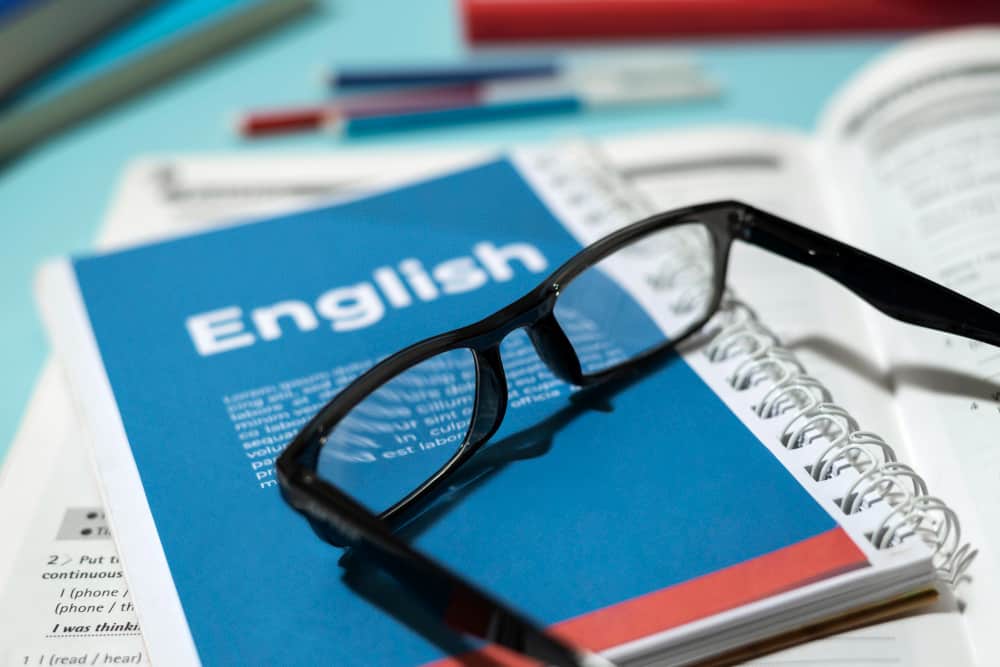
Starting your own journey to prepare yourself for IELTS may be a little difficult. If you are completely prepared, the IELTS test may be a little difficult. Understanding the test structure and how it is scored is the first step in preparing for the IELTS, followed by creating a strategy to get the result you want.
More than 3 million individuals (about the population of Arkansas) from 140 different nations take the IELTS exam each year. However, only a tiny proportion of test takers, 3–4 percent can achieve a band of 8 or higher.
The International English Language Testing System is a language test that assesses a student’s language proficiency based on their performance on tests in the four main language skills speaking, reading, writing, and listening. It is widely recognized globally and is the test system of choice for study, employment, and immigration.
Prepare yourself for your IELTS Academic Exam
Here are a few tips that you should follow to pass the language test with a band of 8 or higher
-
Have proper knowledge of the test format and how it works.
One thing that you should know is how the marking items work in the IELTS test. The test is not only about your English skills but also about how you manage your time accordingly. For each test, you will get 30 minutes, for reading, you will have a whole hour, for speaking, you will have almost 14 minutes; and at the end, for academic writing, you will get 60 minutes.
-
Get an idea of how the test gets marked.
IELTS scores range from 0 to 9. For reading, writing, speaking, and listening, you will receive a grade. Your overall score is calculated by averaging these scores. All scores are rounded to the next half-point.
-
Make sure you are practising English in your day-to-day life.
There is truly no substitute for daily practice if you want to get better at English. You may practice in dozens, if not hundreds, of different ways every day. It shouldn’t be about limited to taking tiresome IELTS exams.
The more you speak English, the better your skills will get and the more likely you are to receive the grade you require. There are some subjects that keep coming up, including the environment, education, and technology.
This is a prevalent topic, so reading and listening about it can help you learn more slot words and develop your views while simultaneously improving your English.
-
Prepare a timetable and make a study plan.
Having a proper timetable is necessary to prepare yourself for any kind of test. Having a proper format and discipline helps you a lot.
For reading and listening, there are more than ten distinct categories of questions. Once more, the writing test has questions of over ten distinct types.
Knowing this can benefit you because every one of them calls for a unique approach and plan.
-
Join IELTS preparation classes to learn from professionals.
Preparing on your own for IELTS is possible. However, it may not be fruitful for your test. When you join the institute, you will get to learn from professionals. Furthermore, you will get a clear picture of what you are doing.
They also prepare you for your main test with several other mock tests in between. This will help you build up confidence that is one of the essential parts of scoring on your test,
-
Work on your vocabulary
You must have a broad vocabulary if you want to score high in each band. Having a surface level of education won’t work for the IELTS test. To write an impressive essay or to face the interviewer, you must have a good English vocabulary.
Why is the IELTS test necessary?
Your ability to live in countries where English is a native tongue depends largely on how well you score on the IELTS test for English proficiency. The IELTS score is respected by universities, colleges, and employers alike. It is recognized globally. The following list includes the main IELTS characteristics that emphasize its significance:
- Your English proficiency will be evaluated. Because your reading, writing, listening, and speaking skills are taken into account when calculating your IELTS score, it is thought to be an accurate measurement of your proficiency. IELTS score, which colleges, institutions, and employers will all value.
- IELTS provides practice speaking with native English speakers who have grown up speaking the language. You can practice your English-speaking abilities by doing this.
- Because your reading, writing, listening, and speaking skills are taken into account when calculating your IELTS score, it is thought to be an accurate measurement of your proficiency
- IELTS Academic or IELTS General Training are also options. If you’re applying to a university, college, or job that requires you to speak English well enough, IELTS Academic is required.
- You do not need to take two examinations, even if you are applying to two distinct states that use British and American English, respectively. You will be led to definite differences as well as how to deal with their terminology because it combines both varieties of English.
Find the best resources for your preparation.
Fortunately, there are a ton of study aids available online, including guides, old exam papers, videos, and e-books. And the good part is that some of them are freely accessible. However, you need to know that an enormous volume of information might occasionally be too distracting and overpowering.
Some of the books or resources that you can use are-
- The Official Cambridge Guide to IELTS
- Vol. 1 Official IELTS Practice Materials
- Cambridge English
- Road to IELTS
- IELTS prep app
- IELTS Test PRO 2019
- IELTS Liz
- YouTube
Online resources for IELTS preparation are many. You can get in touch with the consultation institutes if you need direct help. There are numerous institutions that provide a four-week course with text that is formatted for an exam every week.
The four weeks are for each section’s preparation. For a week, you will receive guidance on one section, and exams are given weekly for practice. You will receive study materials and pointers on how to get good grades.
IELTS Tips and Tricks for Each Section
IELTS gives you a 2-hour, 45-minute test of your English language competence in Reading, Writing, Listening, and Speaking. The Speaking test will be given possibly prior to or afterward the written exam.
On the other hand, the reading, writing, and listening tests all take place on the same day. Your official testing facility will email you ahead of time to let you know the date.
Listening
The test’s opening portion is listening. This section has a 40-minute time limit. Each of the 40 distinct types of questions is worth one mark, and there are 40 in total.
One of the most important tips is that you must check the headphones to see if they are working properly. If not, raise your hand. Then, go through all the questions thoroughly before the recording starts.
Pay close attention to the tape and concentrate more on the questions than on fully understanding everything. Keep in mind that the recording is only played once.
Reading
Examine each specific aspect of the figures, graphs, or graphics in the question paper to ensure that your response is accurate.
Do not waste time trying to grasp a question that you can’t. Instead, move on to the next one; you can always return to finish it later.
Avoid wasting time by writing on the exam paper. There is a time limit, and you will not be given any further time to transfer your answers.
Writing
On your writing test, conduct a comprehensive analysis of the specified assignments and mentally prepare the answers swiftly. Another important thing is time, so you must divide your time carefully.
Followingly, you may want to write more than 150 words for task 1 and more than 250 words for task 2. Another thing to do is to avoid using the same ideas, phrases, and words. Make sure you write a conclusion for job 2.
Write concise, pertinent responses. Write short paragraphs and sentences. Make use of an energetic voice. Avoid using the passive voice in your writing. Do not submit your work unless it has been thoroughly revised and proofread.
Speaking
Do not rush through the speaking segment and talk clearly, i.e., slowly and eloquently. Make a point of thoroughly listening to the questions and responding directly. You can add more detail to the responses and make sure they are still relevant.
If necessary, request that the examiner repeat the question. Confidence is essential, so speak confidently and avoid extended pauses in between conversations. Pay equal attention to vocabulary, tenses, grammar, and sentence form.
Other things that you need to be careful about
Make sure you have all the necessary identification with you. Carry the same identity document that was used during the test application. You should double-check the test location, date, and time. Allow adequate time for travel to prevent being late.
You should be aware that watches are not permitted in the examination room; instead, there will be a wall clock on which you can check the time. When the supervisor gives you instructions, pay close attention and ask again if you have any questions.
Because there is no negative marking, you must attempt all questions. However, never attempt to cheat or copy the work of another student. Because you are not permitted to bring any items, please leave them outside the examination hall, as ordered by the supervisor.




Good post. I learn something totally new and challenging on websites I stumbleupon on a daily basis. It will always be useful to read content from other authors and use something from their websites.